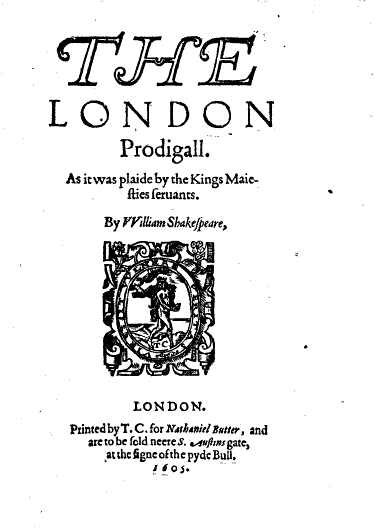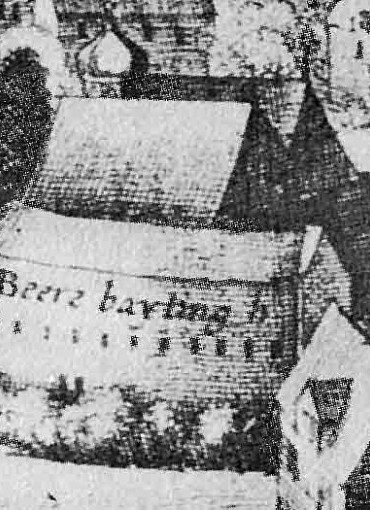Tuesday 1 March, 5.30pm, Junior Parlour, T Blue Boar, Trinity College
Sarah Knight (Leicester)
A fabulis ad veritatem: Latin Tragedy, Truth and Education in Early Modern England
In his Ash Wednesday sermon of 1582, Laurence Humphrey, head of Magdalen College, urged his Oxford congregation to make the transition ‘à Cothurno ad Cineres, à prophanis ad sacra, à fabulis ad ipsam veritatis inuestigationem & disciplinam’ (from tragic buskin to ashes, from the profane to the sacred, from stories to that same examination and practice of truth). Humphrey distinguishes between drama and sermon, between being a passive spectator and an active seeker of religious truth, but many authors of Latin tragedies in early modern England expected greater intellectual engagement from those who watched or read their works than Humphrey’s sermon perhaps implies. The context of delivery for Humphrey’s sermon was also the most active site of composition and performance of drama, and so a study of Latin tragedy in early modern England inevitably focuses first on the universities. Some examples taken both from Oxford and Cambridge, such as the work of Thomas Legge and William Alabaster, as well as plays written by its graduates who wrote for continental Catholic institutions, particularly Edmund Campion, show how college and university drama evolved into a rich didactic medium. These plays suggest that the staging and consumption of such drama was not just for entertainment – Humphrey uses the term ‘ludicra’ – in this period, although collective enjoyment could be part of their appeal, and in several cases their authors express concern about the impressionable young minds of the audience and the formative influence of curricular and other institutional activity on the performance of drama.
All are welcome. Wine is served during the discussion of the papers.
For other inquiries, please contact Andrew Taylor at awt24@cam.ac.uk.
More information here.

 Friday 5th February, 1-2pm (GR06/07) ‘Let me honour your repentance’: Financial Excess and Repentance in Early Modern Drama Ezra Horbury
Friday 5th February, 1-2pm (GR06/07) ‘Let me honour your repentance’: Financial Excess and Repentance in Early Modern Drama Ezra Horbury


